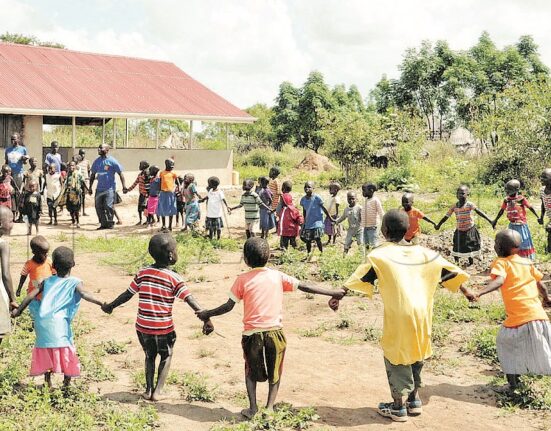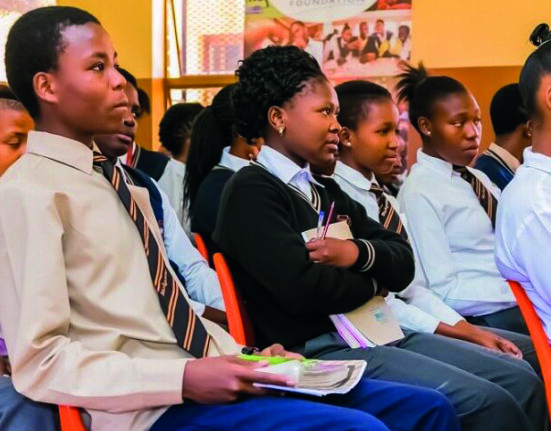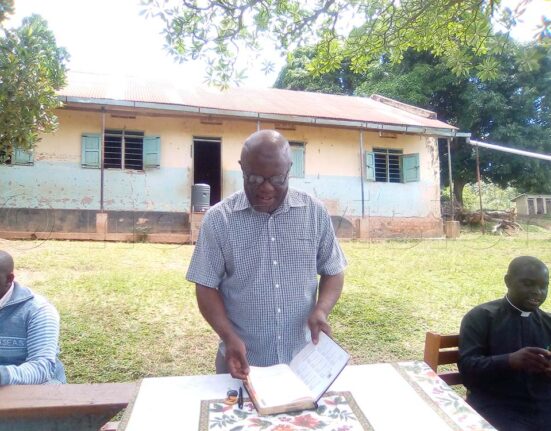Patrick Kaboyo
The book of Second Peter reminds us to add, double and multiply our blessings. This reminder is specific to Christians and generally to every reader of the Holy Book. This message is not only a Biblical call to mankind for spiritual nourishment, but for application to varied contexts as well.
Kindness and love towards our brothers and sisters in Christ are the true meaning of life. Therefore, any attempt at making life meaningful for Ugandan learners must be manifested in the policy programming which is inclusive, contextualized and informed by love and kindness.
Inequality and exclusion cannot be the cornerstone of policy formulation. Providing milk to a few children in Greater Kampala Metropolitan at a cost is good but not good enough. Those in the business of selling milk to a few learners need to know that, Uganda’s education is not exclusive to Kampala, Mukono and Wakiso learners but is rather made up of learners in all schools.
Providing milk to a few is far from being a good policy for it widens the already large gap between the “haves and have-nots”
Since education is philosophically purposed to be an equalizer, any policy direction to the contrary should be rescinded. Both milk and porridge offer a foundation for healthy eating habits and nutritional knowledge that children can apply throughout life.
It is important that nutritional life skills are imparted to learners without leaving others behind. With the physical benefits of proper nutrition such as energy to live life to the fullest, boosting immunity as well as protecting children against malnourishment, maintaining their immune system, preventing them against lifestyle diseases like obesity and reducing the risk of non-communicable diseases, it is an act of common sense that all learners deserve prioritisation.
Ugandan learners cannot be ostracized at a time when we are counting only eight years to the end of the Sustainable Development Goals. Providing milk to the privileged few contradicts the SDG cardinal principle of “leaving no one behind.”
If it is true that milk will be provided at a cost borne by parents, it cannot be made policy for it harbours the ugly hands of exclusion, inequality and marginalisation. The Government ought to have widely consulted parents as key stakeholders before pronouncing itself on giving milk to a few learners.
Promoters of the milk for a few should be alive to the 2019 Budget Monitoring and Accountability Unit report which reveals that 66% of the learners stay hungry in school and only 34% have a meal. This state of affairs definitely translates into poor learning outcomes which cannot be overturned through selective policy interventions of milk for a few but rather holistic approaches to planning and providing the bare minimum for all learners.
Since scientifically every learner in school deserves a balanced diet to help them grow and develop their cognitive, psychomotor and affective faculties, it is prudent that those at the policy desk think twice before pronouncing themselves without contradiction.
The learners’ comprehensive nutritional planning entails the provision of whole grains (whole wheat, oats, barley, rice, millet and soya beans) which are neither provided by families nor schools currently. Learners need a wide variety of fresh fruits and vegetables for vital vitamins which schools find very expensive to include on the school menu. They need calcium and vitamins to grow their bones to become active sports personalities.
Since a few private international schools provide such food items to a few learners, it is important for the Government to benchmark against them, but not to copy and paste. The Government should instead roll out a programme for giving a cup of porridge to all learners.
The porridge programme should be aligned with existing programs like Operation Wealth Creation and the Parish Development Model. A cup of porridge for all programme can be the magic bullet for the gradual realisation of acceptable learning outcomes through increased learner enrolment, survival and completion.
The writer is the technical advisor at Education Advocacy Network









Leave feedback about this